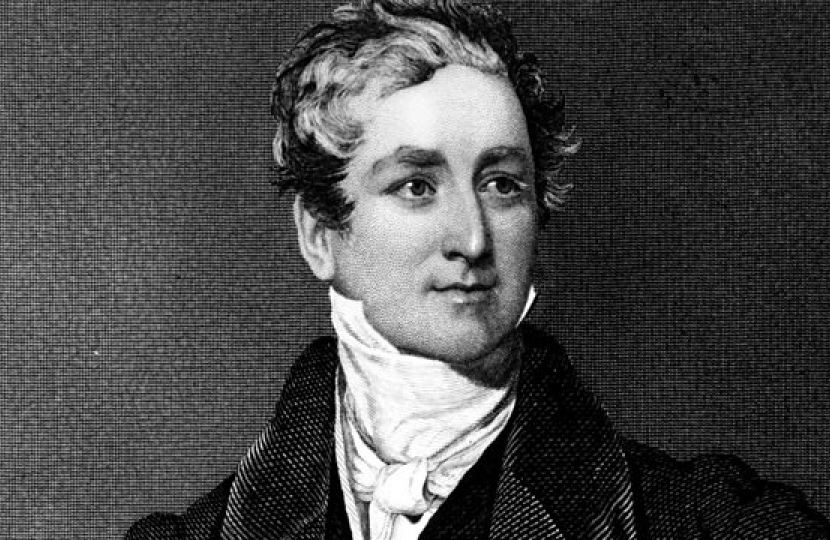
When Sir Robert Peel (above) founded the Metropolitan Police in 1829 there was a great deal of concern that the new force would be an instrument of government oppression. It was not an idle worry. On the continent of Europe, police forces were frequently armed and were used by the autocratic rulers to target opponents and suppress them - often brutally.
In the UK, by contrast, law and order was enforced by the people themselves. Some parishes hired constables or watchmen, but largely detecting crime and apprehending criminals was down to individuals. The system had worked reasonably well while the UK was a largely agricultural society in which people rarely moved far from home. But the growth of large inducstrial cities in the 19th century meant society was no longer made up of interlocking families who all knew each other - and where a stranger would stand out like a sore thumb.
The big cities allowed for anonymity and movement of peoples in a way that had not been previously known. And criminals could move as easily as law abiding folk. After a good deal of debate, it was decided to introduce a force of 1,000 constables to the metropolis of London. Within ten years all cities had similar police forces, and the counties followed - with Leicestershire Police being founded in 1839.
Aware of the public unease about the formation of this body of men, Sir Robert Peel went out of his way to explain that the police were there to serve the public, not the government. The police officers were regarded as citizens in uniform. They exercised their powers to police their fellow citizens with the implicit consent of those fellow citizens. "Policing by consent" indicates that the legitimacty of polciing in the eyes of the public is based upon a general consensus of support that follows from transparency about their powers, their integrity in exercising those powers and their accountability for doing so.
In time Peel's principles became codified as nine "Peelian Principles of Policing" as follows:
- To prevent crime and disorder, as an alternative to their repression by military force and severity of legal punishment.
- To recognise always that the power of the police to fulfill their functions and duties is dependent on public approval of their existence, actions and behaviour, and on their ability to secure and maintain public respect.
- To recognise always that to secure and maintain the respect and approval of the public means also the securing of the willing co-operation of the public in the task of securing observance of laws.
- To recognise always that the extent to which the co-operation of the public can be secured diminishes proportionately the necessity of the use of physical force and compulsion for achieving police objectives.
- To seek and preserve public favour, not by pandering to public opinion, but by constantly demonstrating absolutely impartial service to law, in complete independence of policy, and without regard to the justice or injustice of the substance of individual laws, by ready offering of individual service and friendship to all members of the public without regard to their wealth or social standing, by ready exercise of courtesy and friendly good humour, and by ready offering of individual sacrifice in protecting and preserving life.
- To use physical force only when the exercise of persuasion, advice and warning is found to be insufficient to obtain public co-operation to an extent necessary to secure observance of law or to restore order, and to use only the minimum degree of physical force which is necessary on any particular occasion for achieving a police objective.
- To maintain at all times a relationship with the public that gives reality to the historic tradition that the police are the public and that the public are the police, the police being only members of the public who are paid to give full-time attention to duties which are incumbent on every citizen in the interests of community welfare and existence.
- To recognise always the need for strict adherence to police-executive functions, and to refrain from even seeming to usurp the powers of the judiciary of avenging individuals or the State, and of authoritatively judging guilt and punishing the guilty.
- To recognise always that the test of police efficiency is the absence of crime and disorder, and not the visible evidence of police action in dealing with them.
